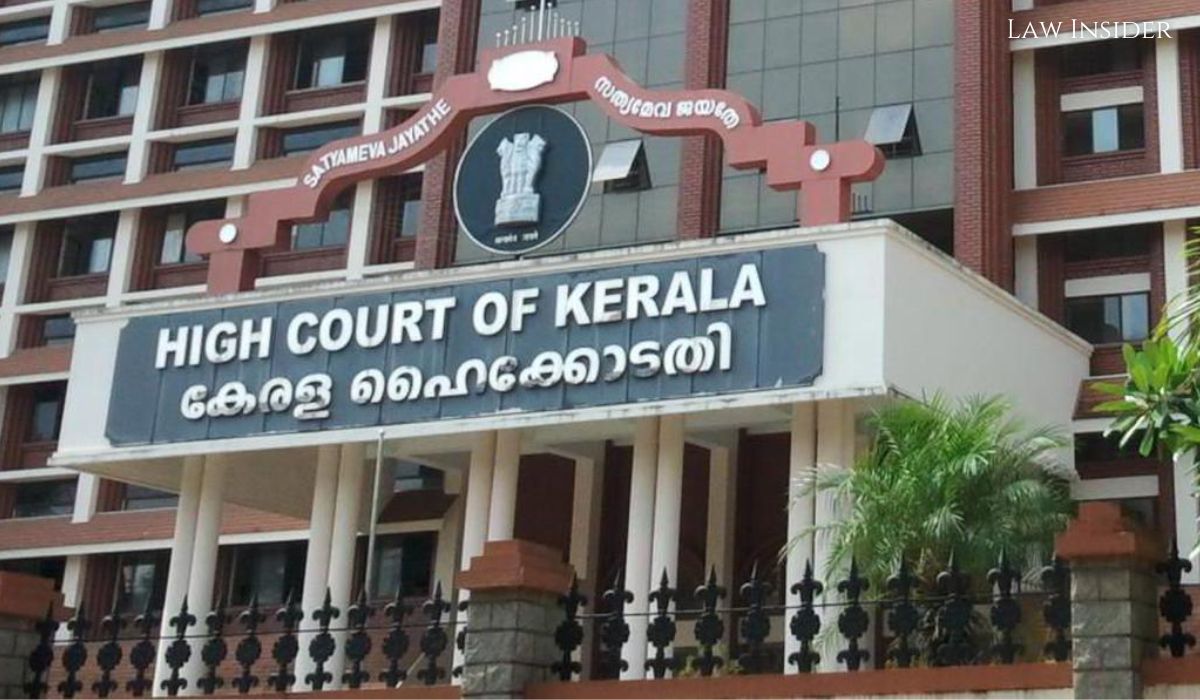Tanisha Rana
Published on: August 30, 2022 at 10:35 IST
The Kerala High Court recently rejected a public interest litigation (PIL) petition seeking compensation for female candidates who were made to take off their bras prior to appearing for the National Eligibility cum Entrance Test (NEET) recently held in the Kollam district.
The High Court’s intervention is not necessary, according to a division bench led by Chief Justice S. Manikumar and Justice Shaji P. Chaly, as the inquiry is still ongoing and the case is still pending before the criminal court.
The judgment stated, “Having heard learned counsel for the parties and perused the materials available on record, we are of the view that the investigation is going on and the matter is pending consideration before the criminal court. In such circumstances, we find that the interference of this court is not required.”
One Asif Azad, who personally lodged the PIL, asked the Central government for guidance on how to establish a uniform methodology for holding exams throughout the nation.
About the Case:
The instance in question included several female NEET applicants who were recently requested to take off their bras before entering the examination room because metal hooks were found in their undergarments during screening.
According to the argument made before the Court, the candidates’ removed clothing was piled up in another room without consideration for COVID-19 standards.
The petitioner claims that future violations of the rights protected by Article 21 can be prevented if a standard procedure is established and put into place. It was also proposed that CCTV cameras be put in exam rooms in order to catch any cheating or malpractice rather than relying solely on metal detectors for such thorough screening and frisking.
The National Testing Agency (NTA) had previously been ordered by the Court to submit a thorough explanation on how the exam was administered and the investigation that followed the occurrence.
Advocate S Nirmal, who serves as the NTA’s standing attorney, said that the PIL cannot be upheld because the petitioner made unwarranted accusations against the organisation that administered the NEET exams to almost three lakh students nationwide.
In addition, he said that the inquiry had already begun and that the crime had been reported to the Chadayamangalam Police Station.
The purported incidence, it was further asserted, was the only tragic instance of its like to be recorded; none were in NEET(UG) or any other test administered by NTA. He further said that the NTA would alter the current standards, policies, directives, and standard operating procedures (SOP) regarding frisking if the Court so ordered in order to safeguard the dignity of the applicants and the fairness of the examination process.
In an appearance on behalf of the Director General of Police, senior government official KP Harish stated that the case was opened at the Chadayamangalam Police Station following a complaint from the father of the female candidate who was made to remove her innerwear during security checks.
Five suspects, according to Harish, were detained on July 19 and brought before the Judicial First Class Magistrate in Kadakkal, where the court remanded them.
The accused were charged with crimes covered by Sections 354, 509, 109, and 34 of the IPC. On July 20, all of the accused persons were expanded on bail, and the investigation is still ongoing, he claimed.
Seven female applicants admitted during the investigation that the authorities had ordered them to take off their undergarments, he said.
After hearing from the parties’ attorneys and reviewing the information at hand, the Court decided not to intervene while the investigation was ongoing and the case was pending before the criminal court.
The Court also rejected the request for the NTA to establish a uniform protocol for administering exams across the nation since protocol and procedure depend on the nature of the subjects and the applicant selection process. Aside from that, the Court noted that it is solely the responsibility of the Central government and the NTA.

